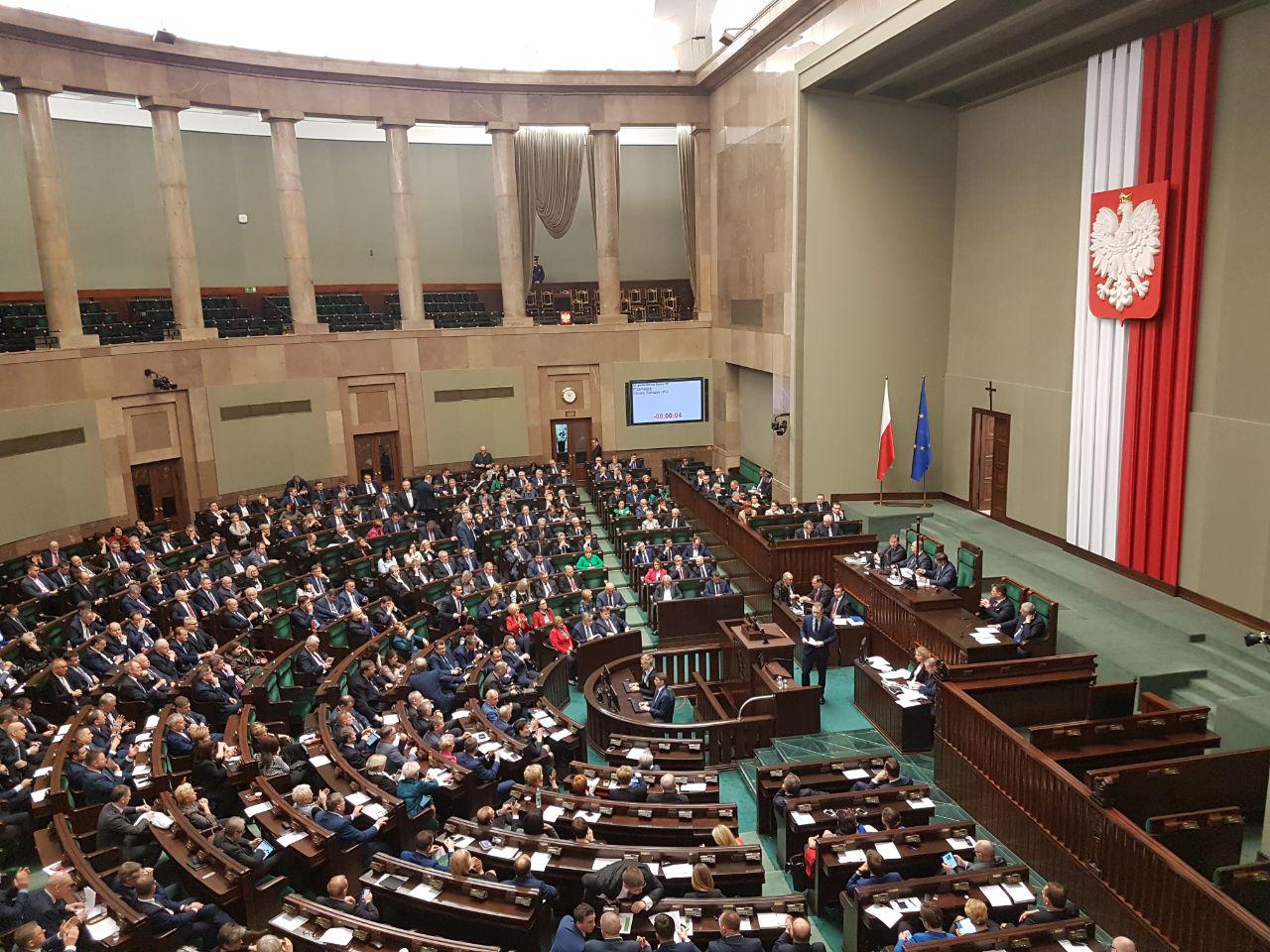Coal and coking coal to the rescue
Bituminous and coking coal state-owned companies will contribute to the Price Difference Payment Fund to bankroll the upped energy price freeze.
The Polish government has decided to increase the consumption limit for power that is covered by a price freeze. This solution had been first introduced during the energy crisis. The lawmakers also lowered the maximum price. As of the 1st of October 2023, the new consumption limit will bee 3,000 instead of 2,000 kilowatthours in households, and the maximum price will go down to PLN 693 instead of PLN 785 per 1,000 kilowatt-hours. The draft bill has been submitted to the Sejm.
The Energy Regulatory Office is to create a list of entities liable for the so-called solidarity fee, and it will include coal companies with excessive profits. However, it is worth noting that companies that transfer funds to the fund receive compensation, and the missing funds are replenished, among other things, from the budget. BiznesAlert.pl reported in June that the scheme was missing six billion zlotys.
An alternative to the solidarity levy is the so-called windfall tax proposed by the European Commission and the International Energy Agency. It was initially proposed by the Prime Minister’s office, but the idea was abandoned.
Wojciech Jakóbik
Tauron’s latest report
Tauron has published a new report that sums up 2022 and describes the situation of the company in the current year.
„2022 was full of challenges, especially for energy companies. Our greatest success is the fact that, despite a gigantic global crisis, we have not interrupted or reduced the momentum of our green transformation. The coming years are crucial for a thorough overhaul of our business model, the first stage of which was the abandonment of fossil fuels. Showing the path for further changes is the main value of our new Integrated Report,” said Paweł Szczeszek, President of the Tauron Group.
This year the front page of the report was prepared by IA and the featured picture shows Katowice in 2050 as seen by a popular AI tool.
The structure of the document meets ESG reporting requirements, which means one can find out how regulations impact the activities and strategic goals of the energy leader. An ESG report is a type of a non-financial report that allows companies to present activities unrelated to purely economic growth indicators.
The online formula allows the use of interactive elements, such as charts, to make it even easier to evolve indicators related to the group’s activities. The added value of the document is that it provides access to TAURON’s historical data.
The report is available here.
Tauron / Jędrzej Stachura
BGK will contribute PLN 2.2 billion to the development of SMRs
MS Galleon GmbH, a company owned by Michał Sołowow, will receive EUR 500 million (over PLN 2.2 billion) of financing from Bank Gospodarstwa Krajowego (BGK). Funds will be allocated to, among others, the implementation of a small nuclear reactors (SMR) construction program and investment in new production lines of the Barlinek Group.
BGK will support MS Galleon’s projects, which include investments in zero-emission energy sources, and in particular the activities of Orlen Synthos Green Energy (OSGE). OSGE is a joint venture between Michael Sołowow and the Orlen Group.
The aim of OSGE is to support the process of decarbonization of the Polish energy sector through the construction of small nuclear reactors BWRX-300. The investments will contribute to ensuring stability in the supply of electricity and heat at competitive costs of their production.
”Building clean energy sources is one of our priorities. Thorough decarbonisation of the Polish energy and heating sector is a necessary process and through the construction of SMRs, as well as other projects in the field of renewable energy, we want to actively participate in this transformation. It is also important for us to look through the prism of the entire industrial group. Companies owned by MS Galleon, in order to remain competitive in the global market, must be provided with zero-emission, stable sources of electricity and heat. BGK’s support will help us achieve these goals,” said Jarosław Grodzki, member of the management board of MS Galleon GmbH.
Both projects received financial support from Bank Gospodarstwa Krajowego with a total value of EUR 500 million (over PLN 2.2 billion). MS Galeon will allocate EUR 440 million (approx. 1.95 billion PLN) to the implementation of the SMR construction program. Repayment of obligations to BGK will take place after 10 years from the conclusion of the agreement.
It is worth noting that nuclear power is the most expensive option in the context of the energy transition. A large-scale power plant can cost up to PLN 100 billion. SMRs are a cheaper choice, although for many energy companies the implementation of such solutions is also not a small cost, since the price of a single such facility is PLN 1.2 billion. However, there is a chance that with the commercialization of this technology, the costs will decrease.
Bank Gospodarstwa Krajowego / Jacek Perzyński









